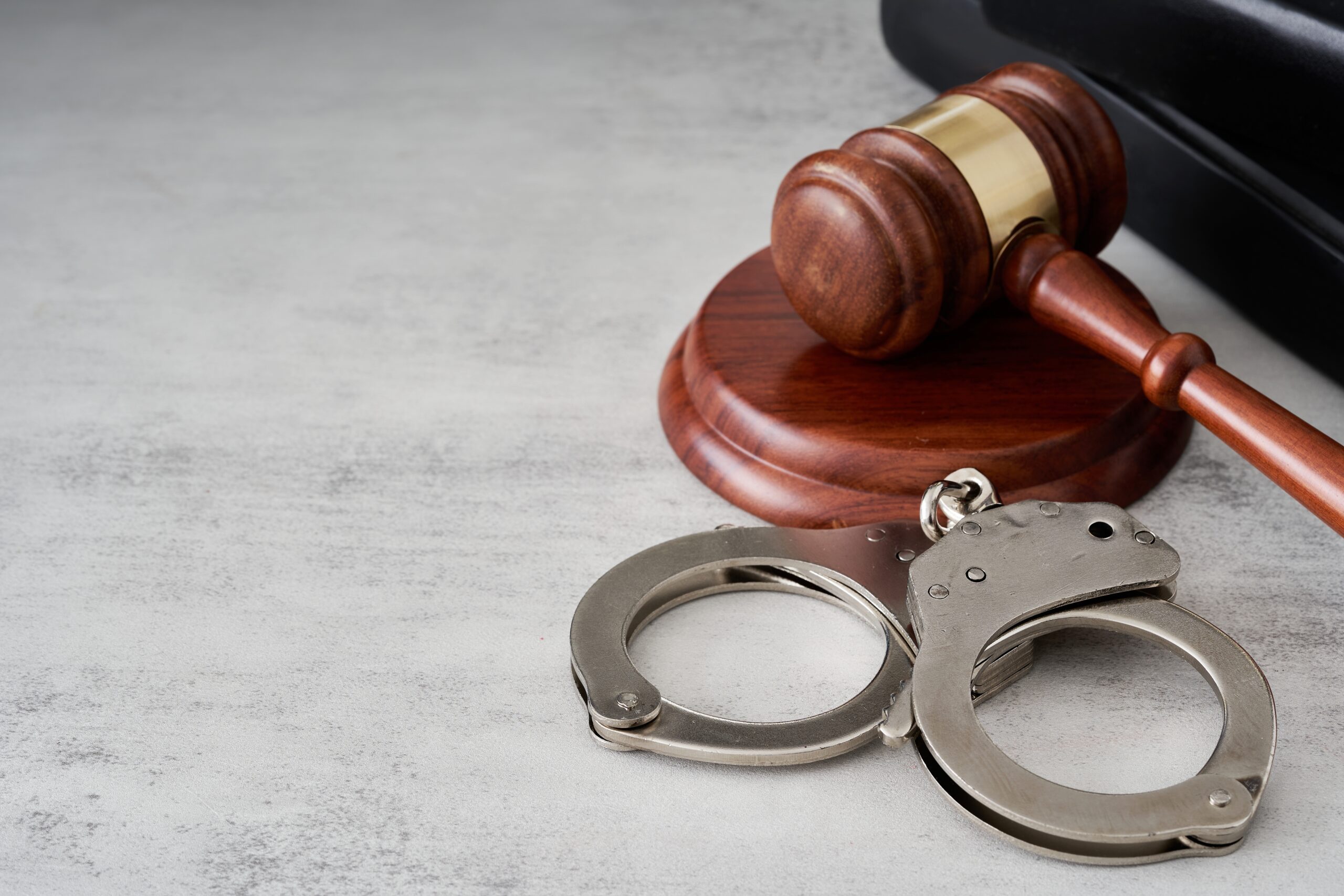
Protective orders, also known as restraining orders, are designed to safeguard individuals from harassment, threats, or violence. However, when you are the person accused, a protective order can create serious legal complications, especially if you are also facing criminal charges.
Many people ask, “Can a protective order hurt my criminal case in Indiana?” The answer is yes, it can, but with the right strategy and experienced legal counsel, its impact can be minimized. At Eskew Law, we help clients understand the connection between protective orders and criminal cases, ensuring every move protects their rights and their future.
Attorney Chris Eskew often says, “A protective order may seem like a civil matter, but its effects can ripple through every part of a criminal case. You must take it seriously from day one.”
Understanding What a Protective Order Does
A protective order is a court-issued order designed to restrict contact between two people. These orders often arise from accusations of domestic violence, stalking, harassment, or threats. In Indiana, they can be filed under the Indiana Civil Protection Order Act (IC 34-26-5).
If granted, a protective order can prohibit you from:
- Contacting or communicating with the alleged victim in any way
- Visiting certain locations, such as a home, workplace, or school
- Possessing firearms or ammunition
- Living in a shared residence
Although protective orders are civil in nature, violating one constitutes a criminal offense that can result in arrest, imprisonment, and additional charges.
How a Protective Order Can Affect a Criminal Case
When a protective order overlaps with criminal charges, such as domestic battery, harassment, or intimidation, the consequences can compound quickly. The two cases often interact in ways that influence both outcomes.
1. Influence on Bail or Bond Conditions
If a protective order exists, it can impact whether a judge grants bail and the conditions that apply. Courts may impose stricter bond terms, such as no-contact provisions or GPS monitoring.
Judges may view protective orders as signals of ongoing risk. Violating the terms, even unintentionally, could lead to revocation of the bond and additional criminal charges.
2. Impact on Evidence and Testimony
Statements made during the protective order hearing can sometimes be used in the related criminal case. For example, if the alleged victim testifies under oath about incidents of abuse, prosecutors may attempt to use that testimony as evidence of a pattern of behavior.
Similarly, if the accused testifies in the protective order hearing, those statements could later be used against them in criminal proceedings. For that reason, it is crucial to have representation from a criminal defense lawyer in Indianapolis before making any statements in court.
3. Restrictions on Communication with Witnesses
If the protected person is also a witness or alleged victim in the criminal case, the protective order will prohibit all direct and indirect communication, including through social media, text messages, or mutual acquaintances.
Even innocent or accidental contact can result in new criminal charges for invasion of privacy, a Class A misdemeanor in Indiana.
Eskew Law routinely advises clients on how to comply with these restrictions while still protecting their legal interests. As Chris Eskew explains, “It takes careful coordination to follow the law and still mount a strong defense. That balance is where an experienced defense attorney makes the difference.”
4. Consequences for Employment and Housing
Protective orders become part of the public record. Employers, landlords, and background checks can easily reveal them. In some cases, this may lead to:
- Job loss or disciplinary action, especially for those in public service or security roles
- Difficulty renting or maintaining housing
- Restrictions on professional licenses or firearm ownership
If your criminal case involves domestic violence or similar charges, these collateral consequences can increase the stakes dramatically.
5. Influence on Plea Negotiations and Sentencing
Prosecutors often use the existence of a protective order to argue that a defendant poses an ongoing risk. This can affect how aggressively the state pursues a conviction or what plea offers are extended.
In sentencing, judges may consider prior or existing protective orders as aggravating factors. For example, if you violated an active order, that could increase the severity of your sentence.
Having an Indianapolis, IN defense attorney who understands both the criminal and civil sides of your case ensures that every decision, whether to testify, negotiate, or go to trial, is strategically aligned.
How to Respond If You Are Served with a Protective Order
If you are served with a protective order, do not ignore it. You have legal rights and opportunities to challenge or modify the order; however, you must act promptly.
- Read it carefully. Understand the restrictions and dates. Even unintentional violations carry serious consequences.
- Do not contact the petitioner. Avoid any direct or indirect communication.
- Gather evidence and witnesses. Document communications, texts, or events that may disprove the allegations.
- Hire an experienced attorney immediately. A skilled lawyer can represent you at the hearing, present your side of the story, and work to prevent the order from becoming permanent.
Eskew Law regularly represents clients at protective order hearings and ensures that nothing said or done there undermines the criminal defense strategy.
Possible Defenses and Legal Strategies
Each case is unique, but common defenses to protective orders and related criminal allegations include:
- False or exaggerated claims: Demonstrating inconsistencies or motives behind false accusations.
- Lack of credible evidence: Challenging the sufficiency or reliability of the petitioner’s evidence.
- Mutual conflict or provocation: Showing that interactions were mutual rather than one-sided harassment.
- Violation misunderstandings: Proving that the alleged contact was unintentional or incidental.
The defense must be carefully tailored to both the protective order and the criminal charges, as success in one can influence the other.
What Happens If You Violate a Protective Order
Violating a protective order, even once, can result in immediate arrest and prosecution. In Indiana, this is typically charged as Invasion of Privacy under IC 35-46-1-15.1, punishable by up to one year in jail and fines up to $5,000.
Repeated or aggravated violations may lead to felony charges, especially if they involve threats, violence, or multiple offenses.
Beyond legal penalties, any violation can harm your credibility in court, weaken your criminal defense, and reduce the likelihood of favorable plea negotiations.
How Eskew Law Can Help
At Eskew Law, we provide comprehensive representation for clients facing both protective orders and criminal charges. Our approach combines legal precision with genuine care for your future. We will:
- Review the order and related criminal allegations in detail
- Represent you in both civil and criminal court proceedings
- Protect you from self-incrimination or procedural mistakes
- Develop a unified strategy to minimize the impact of the order on your case
- Advocate for dismissals, modifications, or favorable resolutions whenever possible
Every client deserves a defense built on fairness, skill, and respect for their rights.
Get the Help You Need With Eskew Law
A protective order may seem like a civil issue, but it can have powerful consequences in a criminal case. It can restrict your freedom, influence how judges view you, and even affect the outcome of your case. However, with the right representation, you can take control of the situation and protect your future.
If you are facing a protective order or related criminal charges, contact Eskew Law today for a confidential consultation. Our experienced attorneys are ready to help you navigate the process, protect your reputation, and fight for the best possible outcome.







